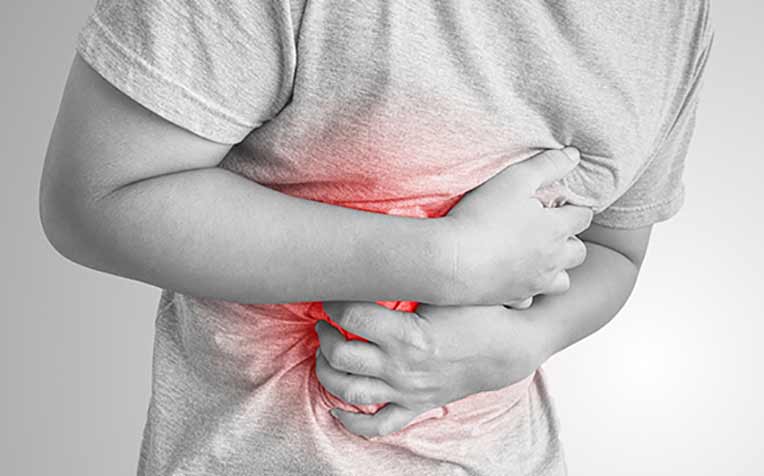
Caption: In Singapore where stress, working long hours and having irregular meals are a part of daily life, having gastric pain is not uncommon. But when is it necessary to consult a doctor for the condition? The Department of Gastroenterology & Hepatology at Singapore General Hospital (SGH) answers. (iStock photo)
Gastric pain is commonly used to describe pain or discomfort in the upper abdomen. Other symptoms of gastric pain include heartburn, bloating, belching and feeling nausea.
"When diagnosing patients with gastric pain or stomach pain,
we will first try to rule out organic causes such as ulcers, inflammation and cancer. If tests come back normal and no organic cause can be found, the gastric pain is termed non-ulcer dyspepsia," say doctors from the
Department of Gastroenterology & Hepatology at
Singapore General Hospital (SGH), a member of the
SingHealth group.
When gastric pain can be life-threatening
You should see a doctor immediately if you:
- Vomit blood or pass out black stools (indicating the presence of blood)
- Persistently vomit after eating
- Suffer from unexplained weight loss
- Experience severe, excruciating upper tummy pain
Related article:
Up to 1 in 10 Singaporeans suffers from this abdominal disorder
Organic causes of gastric pain
In a small number of cases, tests might reveal the gastric pain to be caused by one of the following:
-
Peptic ulcer disease: A defect in the innermost layer of the stomach or duodenum wall (where the small intestine connects to the stomach).
Most peptic ulcers are due to a Helicobacter pylori (H. pylori) infection, as well as to the use of non-steroidal anti-inflammatory drugs (NSAIDs) such as aspirin and other painkillers.
A
H. pylori infection can be ruled out by a blood test, urea breath test, stool test or by tests done during endoscopy. -
Gastro-oesophageal reflux disease (GERD): A chronic condition where stomach acid or bile flows back into your food pipe (oesophagus), irritating its lining.
To rule out GERD, an endoscopy may be recommended. In this exam, a thin tube containing a tiny camera is passed through the mouth to examine the oesophagus, stomach and duodenum.
Related article:
Two other life-threatening causes of gastric pain
Fortunately, a majority of gastric pain cases is non-ulcer dyspepsia or non-life-threatening, with doctors suspecting the condition to be linked to stress.
Also, in most cases where gastric pain symptoms are long-standing (sometimes going as far back as decades), such cases are less likely to indicate a serious health problem.
Related article:
Simple steps to prevent gastric pain and treatments
--
Articles on
HealthXchange.sg are meant for informational purposes only and cannot replace professional surgical, medical or health advice, examination, diagnosis or treatment.